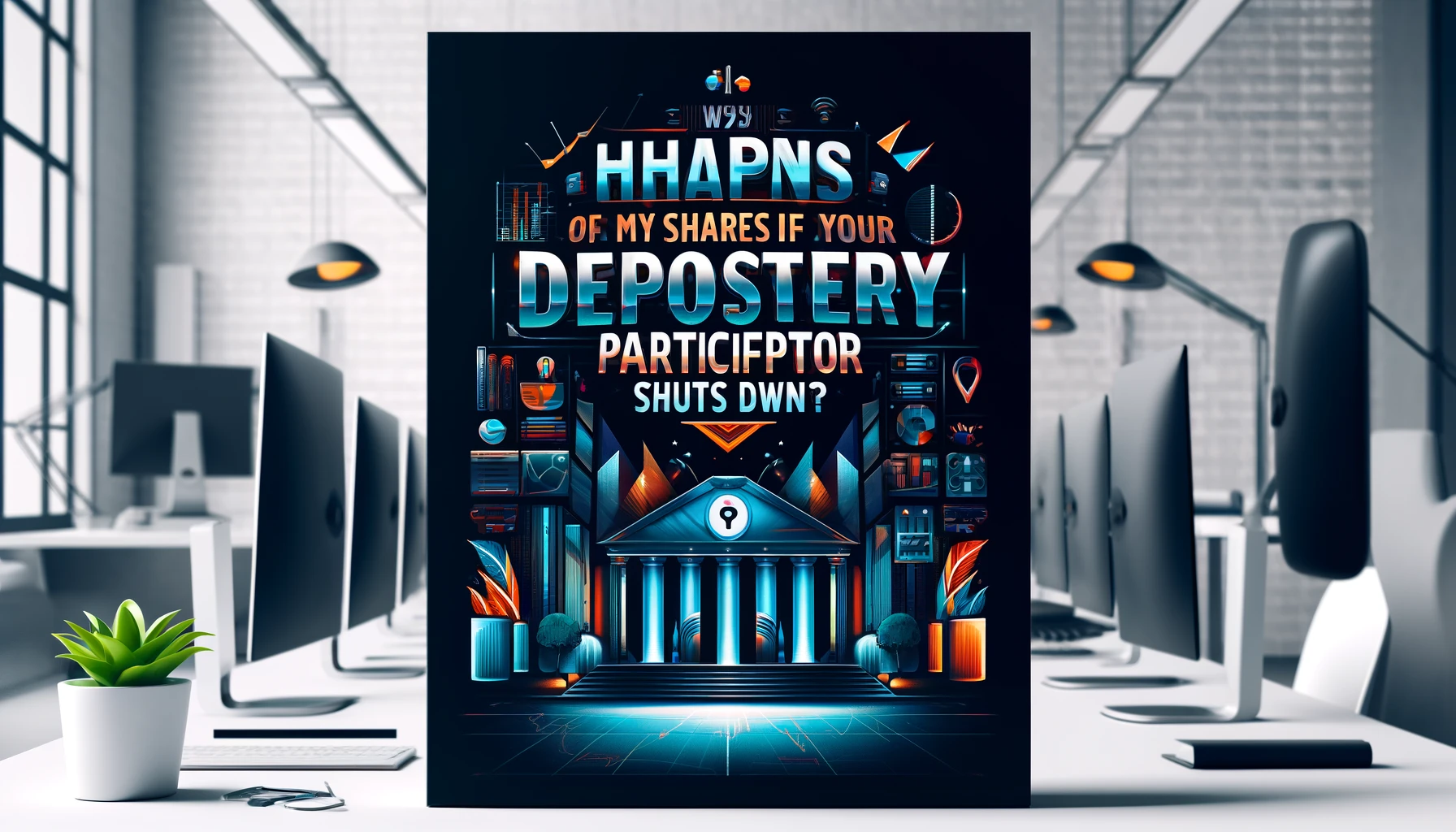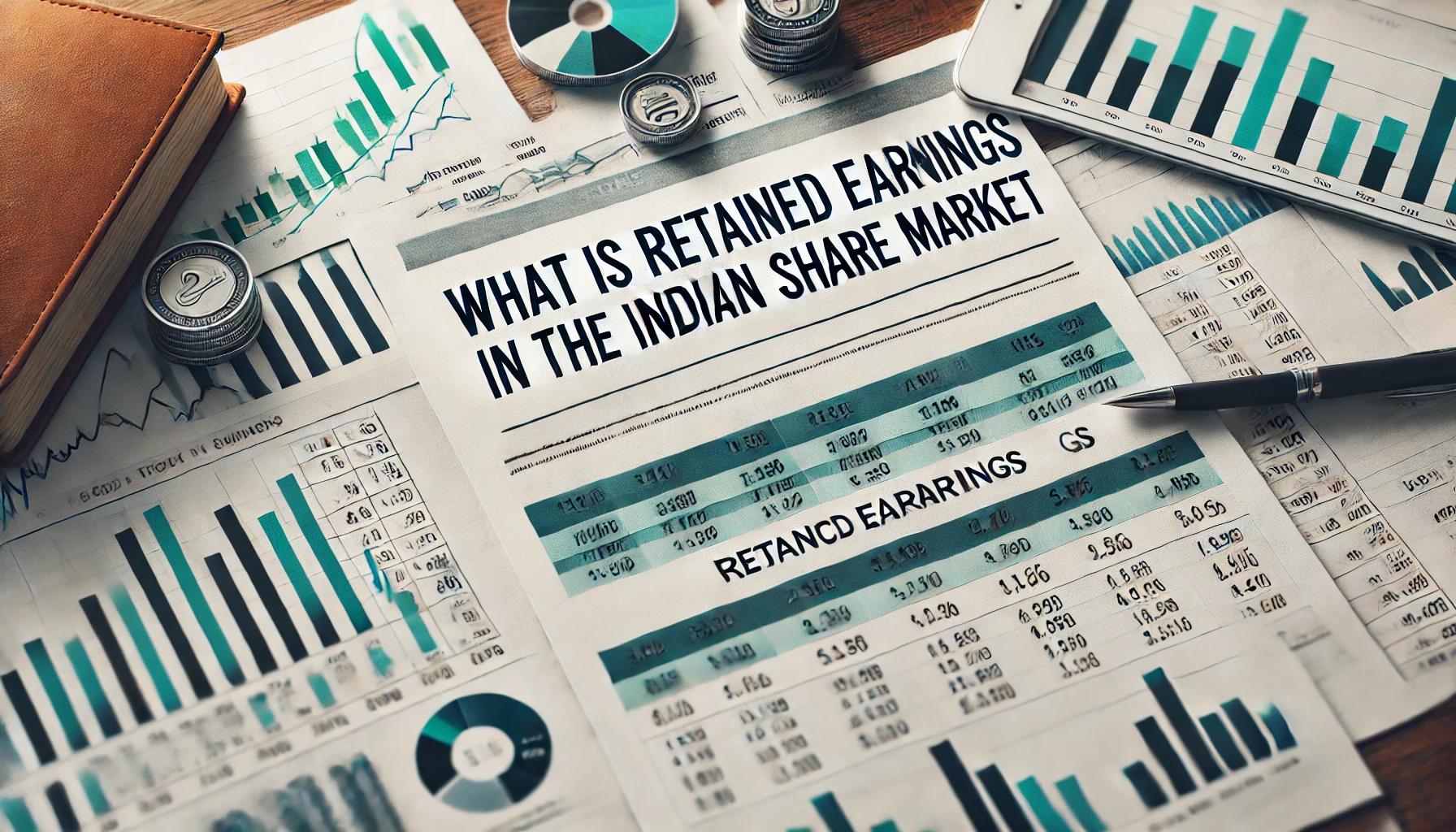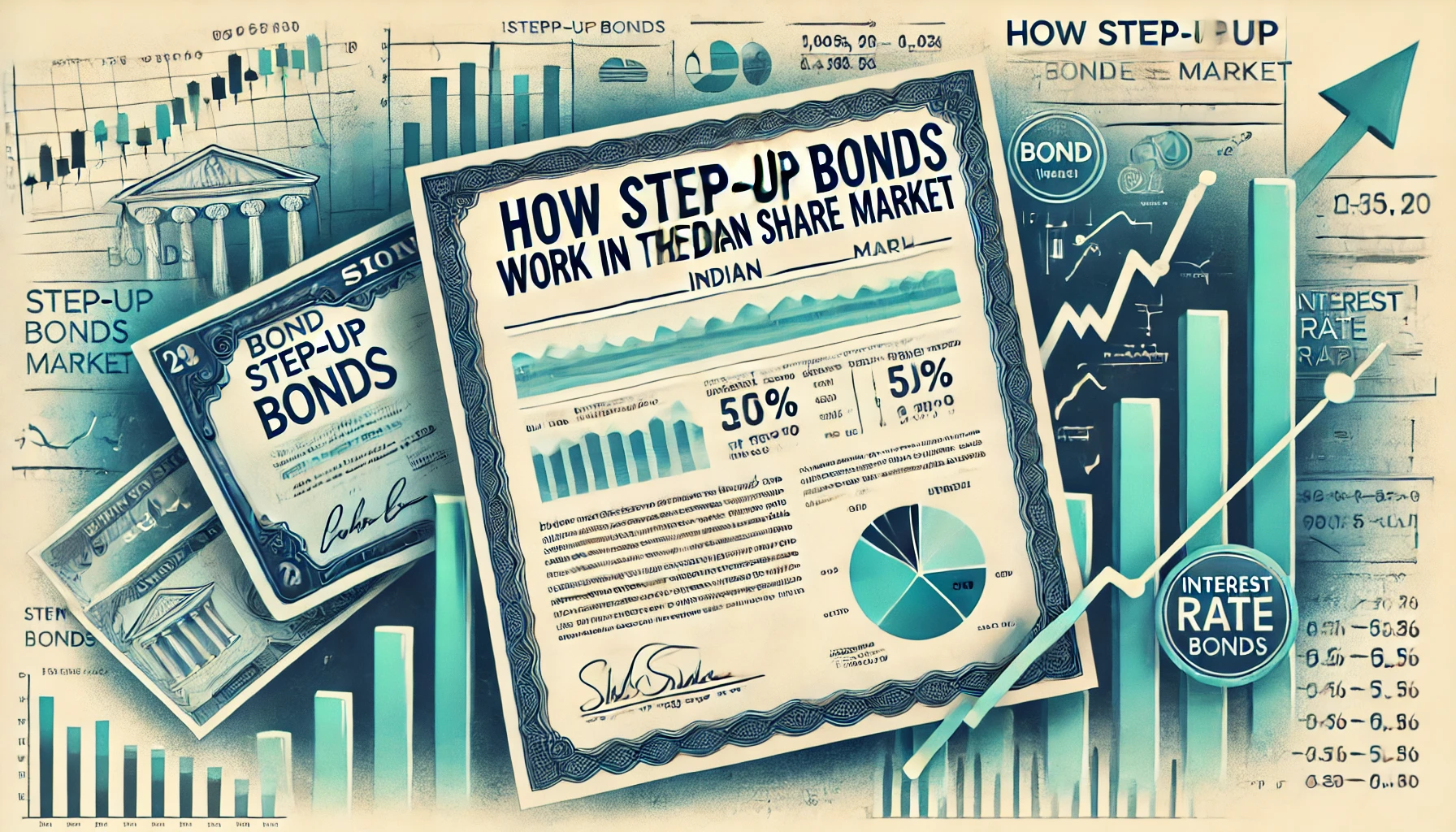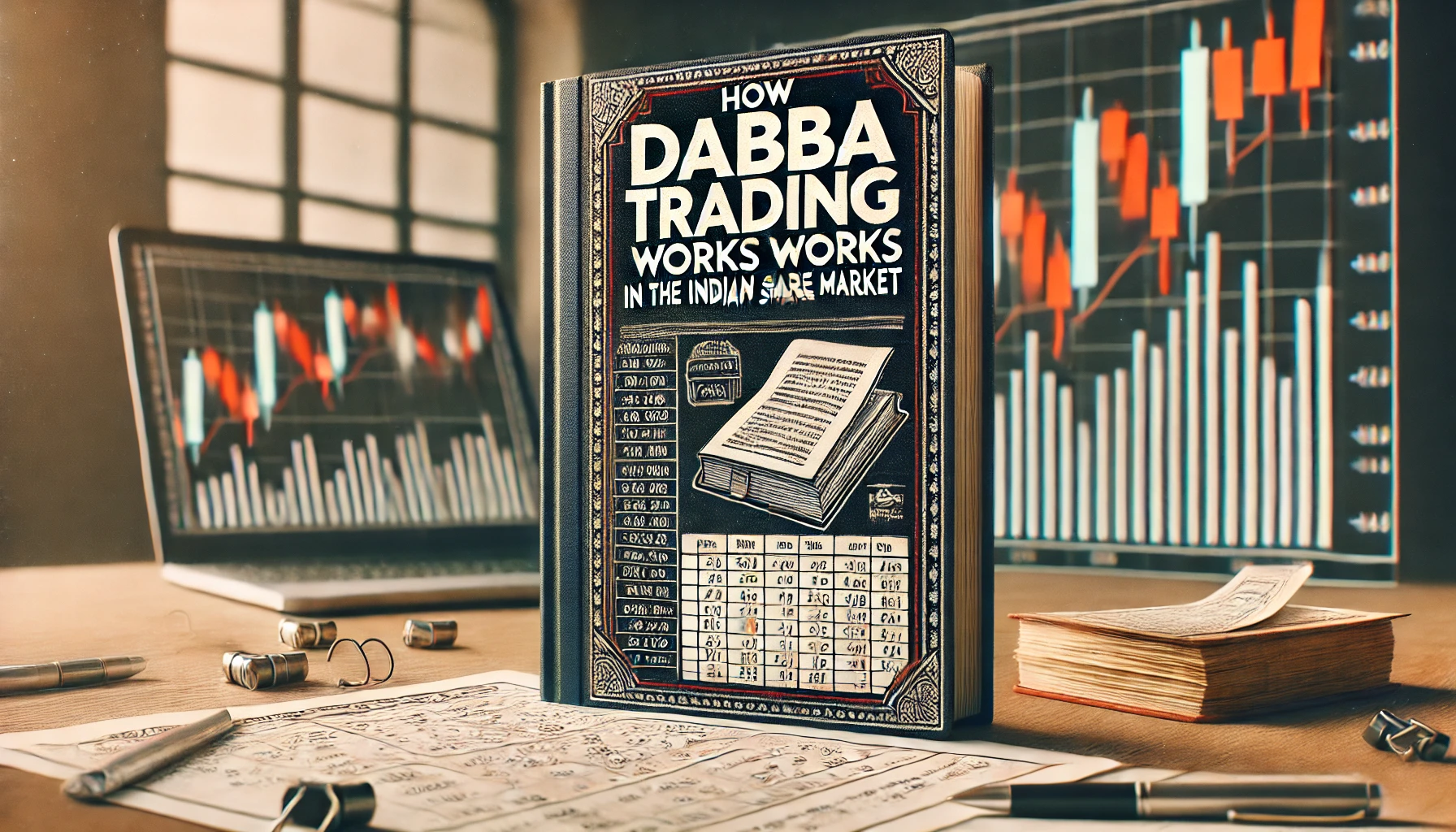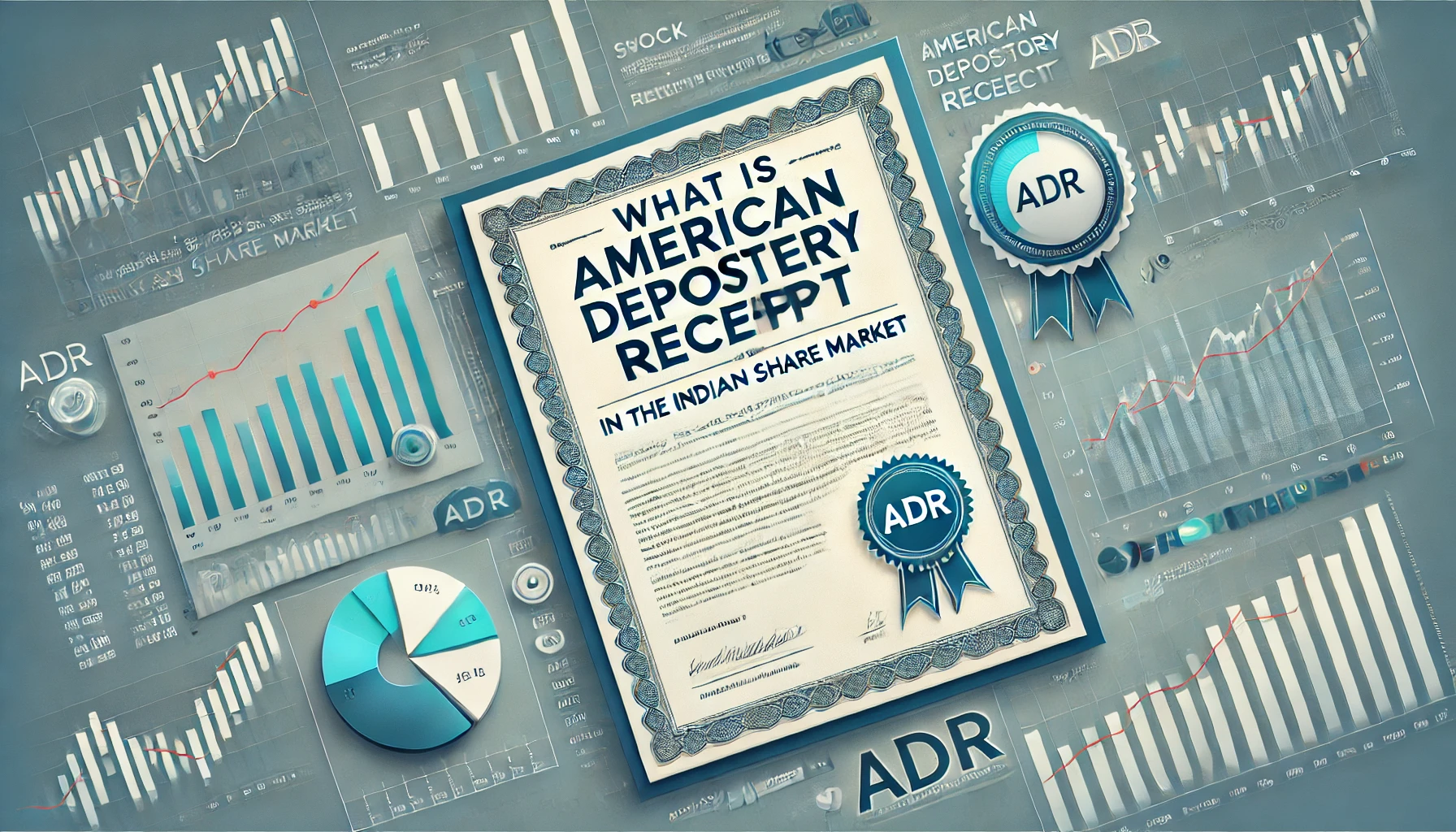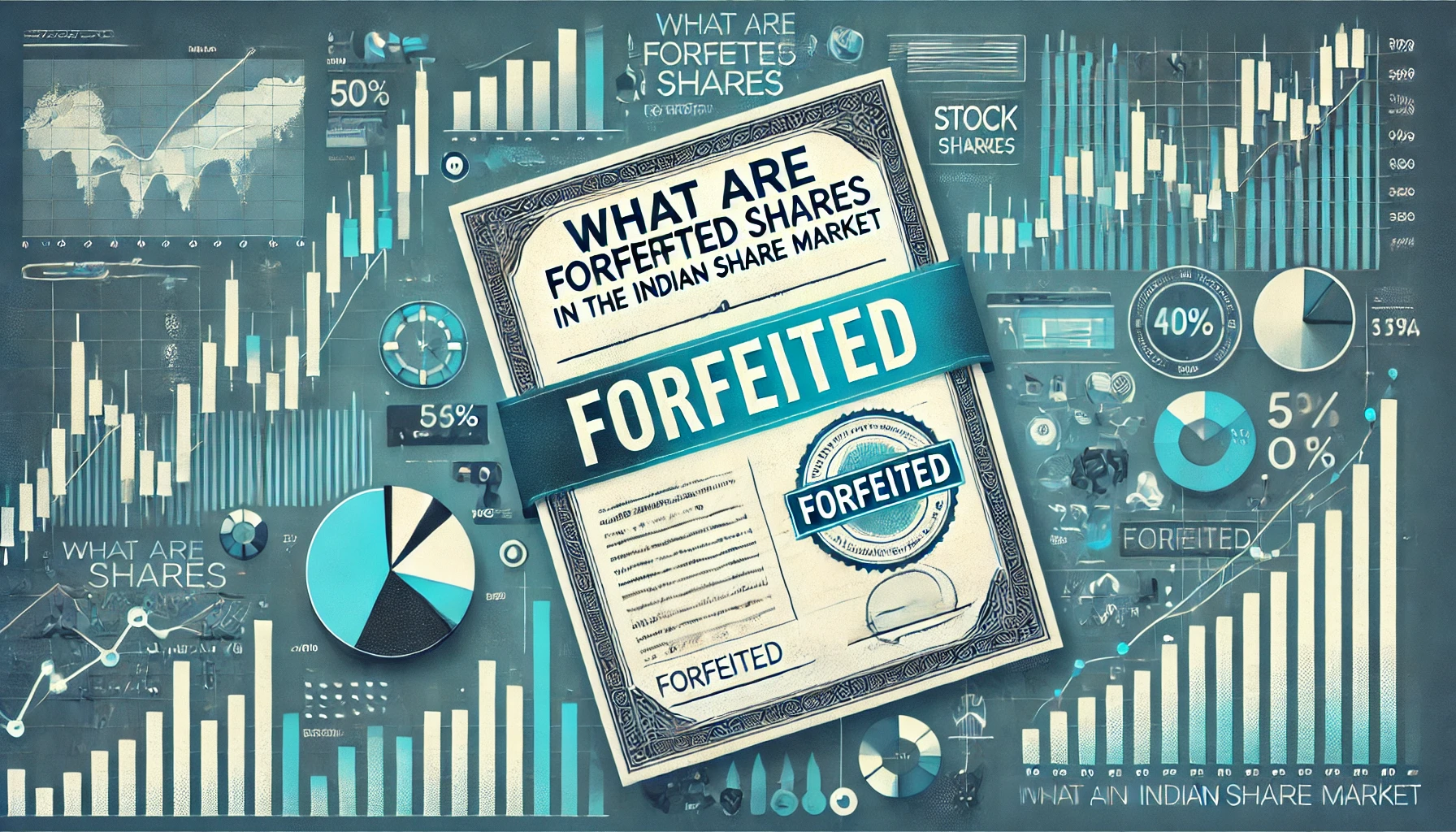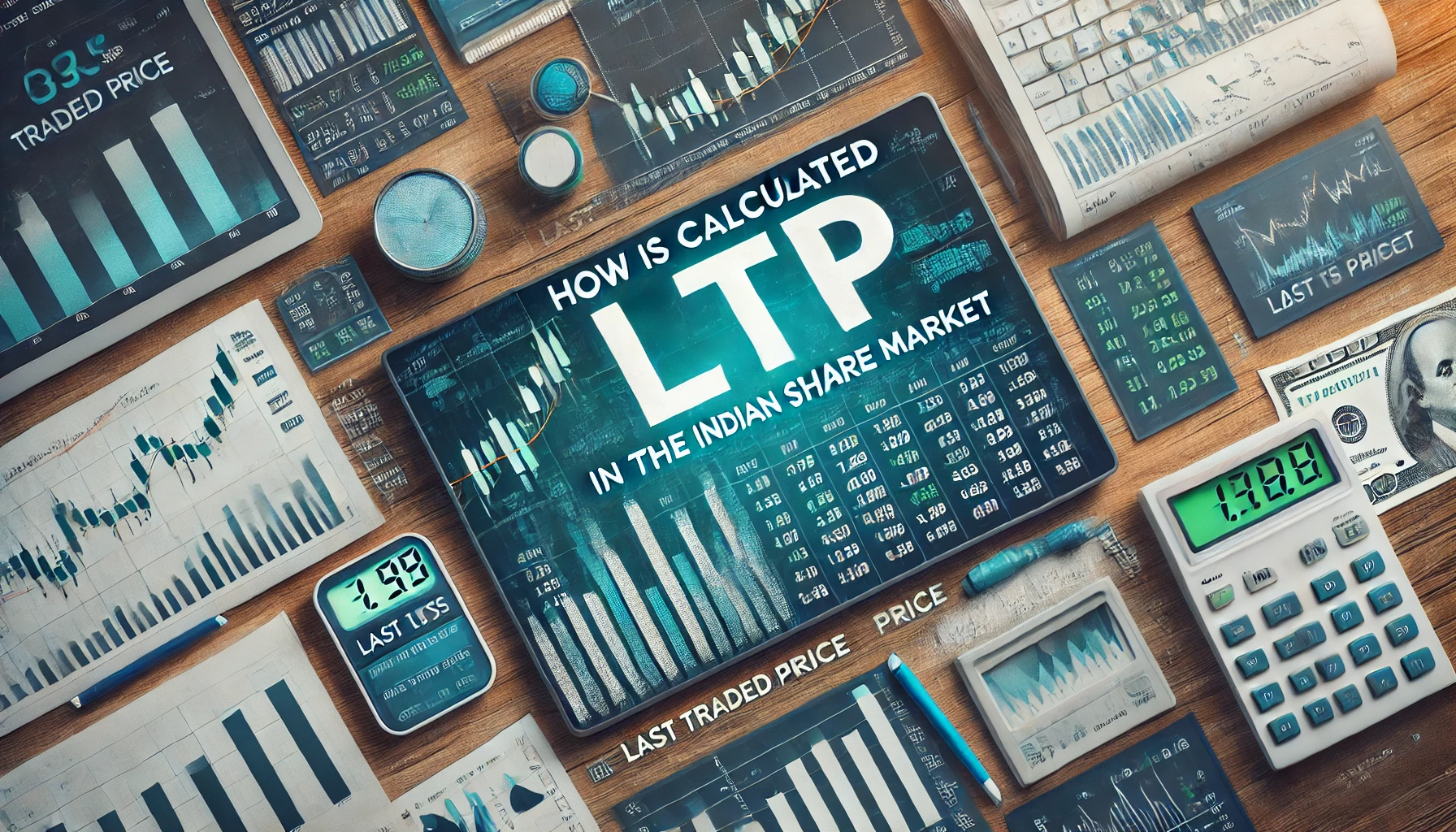Investing in shares is one of the most popular ways to grow wealth in India. Most investors use a Depository Participant (DP) to store and manage their shares in electronic form. But what happens if your DP shuts down? It can be a worrying scenario for investors who rely on these intermediaries to handle their transactions and safeguard their investments. Let’s explore what happens to your shares and what steps you can take to protect them in the event that your DP ceases operations.
1. Understanding the Role of a Depository Participant
Before diving into the situation where a DP shuts down, it’s essential to understand their role in your investments. A DP acts as an intermediary between the depository (such as NSDL or CDSL) and the investor. They hold your shares in an electronic format, known as dematerialization, and provide services like transfer, sale, and management of shares.
When you open a Demat account, it is usually through a DP. Some well-known DPs include banks, financial institutions, and brokerage firms. The DP’s primary responsibility is to facilitate the transactions and holdings of your shares on behalf of the depository.
2. Can a DP Shut Down?
Yes, it is possible for a DP to shut down due to reasons like bankruptcy, regulatory issues, or business failures. Although it’s not a common occurrence, the thought of your DP shutting down can be stressful, as you may fear for the safety of your holdings. However, there are regulations and systems in place to protect investors, ensuring that your investments are safe, even in such an event.
3. What Happens to Your Shares?
If a DP shuts down, your shares are still safe because they are held by the depository, not the DP. NSDL (National Securities Depository Limited) and CDSL (Central Depository Services Limited) are responsible for maintaining all shares in their electronic form. The DP is only a facilitator and does not have ownership over your shares.
Here is what happens in different scenarios:
- Demat Shares: Your dematerialized shares are stored with the depository (NSDL or CDSL), not the DP. Even if your DP shuts down, your shares remain secure with the depository, and you can transfer them to another DP.
- Physical Shares: If you still hold physical share certificates, they are not affected by the DP’s shutdown. However, managing physical shares is riskier and less convenient, so it’s advisable to dematerialize them.
4. Transfer of Shares to a New DP
When a DP shuts down, you are required to transfer your shares to another active DP. The process is straightforward but may take some time depending on the regulatory requirements and the nature of your shares.
- Step 1: Open a New Demat Account: The first step is to open a new Demat account with another DP. It’s advisable to choose a reputable institution with a solid track record to minimize any future risks.
- Step 2: Submit a Transfer Request: Once your new Demat account is active, you need to submit a request to transfer your holdings from your old DP to the new one. This can be done through a Transfer Instruction Slip (TIS).
- Step 3: Approval from Depository: The depository (NSDL or CDSL) will review your request and process the transfer. The shares will be moved to your new Demat account, ensuring no disruption to your investments.
5. Charges for Transferring Shares
While the transfer of shares to a new DP is relatively simple, it may incur some costs. Typically, DPs charge a fee for transferring shares to another account, and this fee varies depending on the institution. The charges may include:
- Transfer Fee: A standard fee charged for moving shares from one DP to another.
- Account Closure Fee: Some DPs may charge a fee for closing your account when they shut down.
- Maintenance Charges: If your account remains inactive for an extended period, you may be charged for the upkeep of your Demat account.
It’s important to clarify these charges with your new DP before initiating the transfer.
6. Impact on Trading Activities
When your DP shuts down, your ability to trade shares may be temporarily affected until you transfer your holdings to a new DP. This downtime can result in missed trading opportunities or delays in executing buy/sell orders. To minimize this disruption, it’s essential to act swiftly and open a new Demat account as soon as you are informed of your DP’s closure.
In most cases, the depository will issue a notice to the affected investors, providing ample time to make necessary arrangements.
7. Regulatory Protection for Investors
In India, the Securities and Exchange Board of India (SEBI) and the depositories (NSDL and CDSL) have laid out comprehensive rules to protect investors in case of a DP shutdown. These regulations ensure that your shares are not lost or misused by the DP. Key protections include:
- Investor Compensation Fund: This fund provides monetary relief to investors in case of losses arising from the default of a DP.
- Regulatory Oversight: DPs operate under the strict regulations of SEBI, and any misconduct or failure is addressed through regulatory measures.
- Systematic Transfer Process: The depositories have a well-defined process for the transfer of shares, ensuring that your holdings are safe during the transition.
8. Safeguarding Your Investments
Although there are strong regulations in place, it’s always prudent to take additional steps to safeguard your investments. Some tips include:
- Regularly Check Your Holdings: Keep track of your shareholdings and account statements to ensure everything is in order.
- Stay Updated on DP News: If your DP is facing financial troubles or regulatory issues, it’s best to stay informed so you can act quickly.
- Maintain Updated Contact Information: Ensure that your DP and the depository have your correct contact details to receive timely notifications.
9. Can You Recover Lost Shares?
If your DP fails to transfer your shares, there are legal avenues you can explore to recover your holdings. You can approach SEBI or the depository with evidence of your investments to recover your shares. It’s essential to act quickly and document all your transactions for a smooth recovery process.
10. Conclusion: Your Shares Are Safe
In conclusion, while the thought of your DP shutting down can be alarming, the reality is that your shares are safe with the depository. The DP acts as an intermediary, and even if they cease operations, your investments remain secure. The process of transferring your shares to a new DP is straightforward, and with the right knowledge and prompt action, you can ensure that your holdings remain unaffected.
By staying informed and taking the necessary precautions, you can navigate this situation with ease and protect your wealth for the future.
